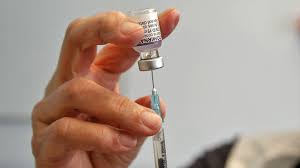I am very happy that United Bicycle Institute and other organizations are offering scholarships and making other efforts to train women, transgenders and non-binary people to work in the bicycle industry. While some might argue that such programs lead to low-paying dead-end jobs as bike shop employees, I think the training is valuable in other ways. For one, some bike shop employees go on to open their own shops or work in other facets of the bicycle industry. For another, I think training programs can help to raise the quality and consistency of services bike shops and companies offer.
Another benefit is one that training and volunteer programs of bicycle recycleries and co-ops also offer. Knowing how to fix a bike, whether one's own or someone else's, makes for more self-sufficient cyclists. That, I think, makes people more likely to use their bikes for more than twiddling around the park. If you can at least fix a flat, you're less likely to worry about being late for work or school or getting stranded in an unfamiliar neighborhood or foreign country.
Sometimes knowing how to fix a bike isn't enough, though. Some people and communities don't have the tools necessary, whether because there isn't a shop in the neighborhood or because they don't have the money to spare for even a pair of tire levers. Many low-wage workers. immigrants and unhoused people (who are sometimes the same people) are riding bikes that were purchased for very little, gifted to them or rescued from a dumpster or curbside.
That is where Park Tool's Community Tool Grants come in. Every year since 2015, Park has been giving grants that include tools and repair stands to nonprofit organizations and community groups. The application period for 2022 grants is now open. In addition to ten grants that include bike-repair items, one organization will receive an additional $1000 grant to spend on tools and equipment.
Now I have one more reason to be happy that I have a number of Park tools in my box.


